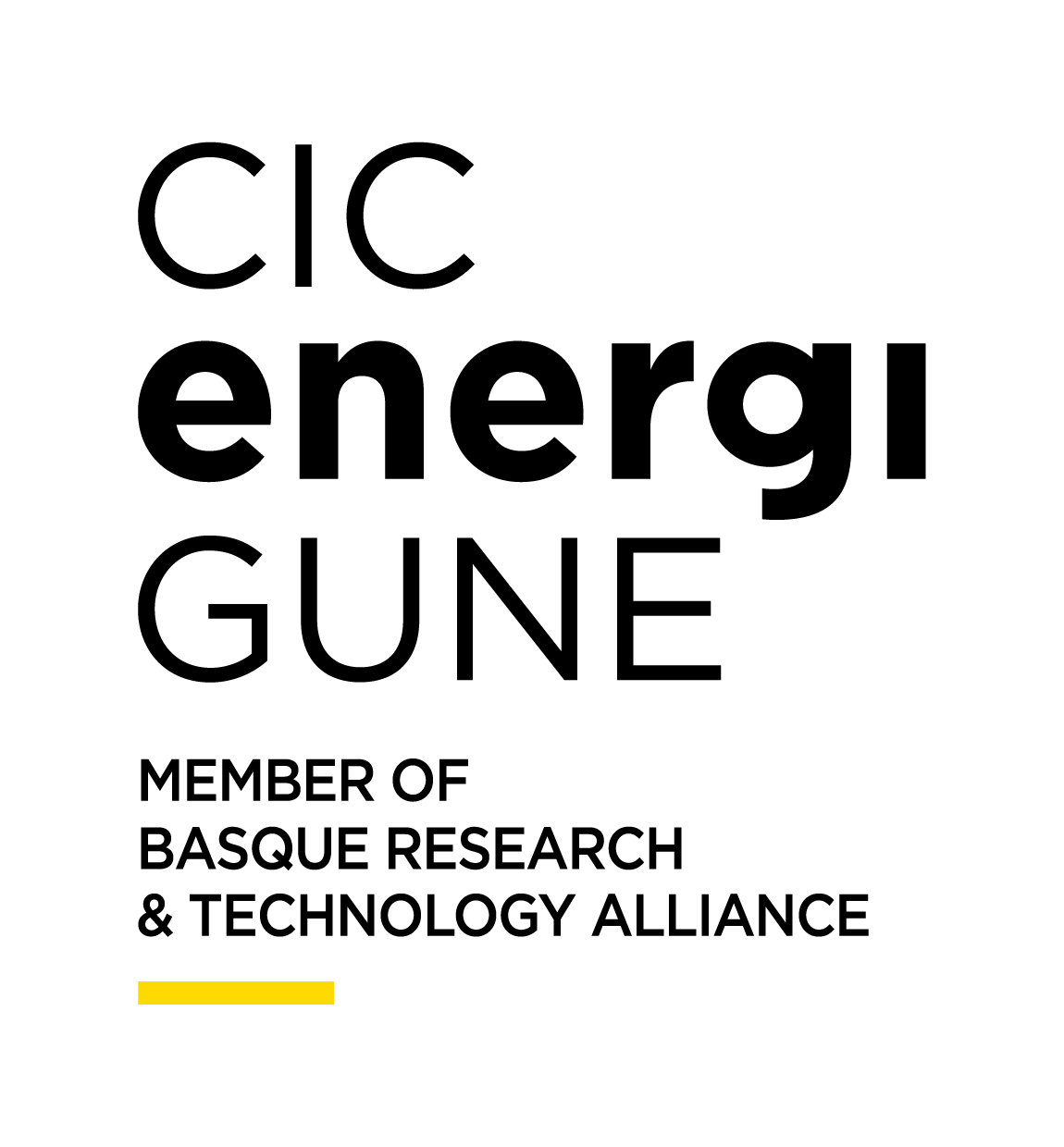

 Ubicación: Vitoria (España)
Ubicación: Vitoria (España) Tipo de Contrato: Temporal
Tipo de Contrato: Temporal Jornada laboral: Jornada completa
Jornada laboral: Jornada completa Sector: Energías
Sector: Energías Vacantes: 1
Vacantes: 1CIC energiGUNE es un centro de investigación especializado en energía, almacenamiento electroquímico (baterías y supercondensadores), soluciones energéticas térmicas e hidrógeno, miembro de la Alianza Vasca de Investigación y Tecnología- BRTA, y, una iniciativa estratégica del Gobierno Vasco. CIC energiGUNE nació en 2011 con el objetivo de generar un conocimiento y a la vez útil para el tejido empresarial vasco, siendo un referente en transferencia de conocimiento.
CIC energiGUNE cuenta con un equipo de investigación de más de 100 investigadores que tienen una amplia gama de instalaciones a su disposición. Además, la Comisión Europea ha concedido recientemente a CIC energiGUNE el premio "HR Excellence in Research", que refleja su compromiso con la consecución de unos principios de contratación y evaluación justos y transparentes y certifica la existencia de un entorno de trabajo estimulante y favorable para la investigación.
Para más detalles sobre las actividades de investigación del CIC energiGUNE, visita nuestra página web: http://www.cicenergigune.com
The present PhD project is focused in the insitu/exsitu analysis of electrode materials by solid state NMR. The goal of the studies performed will be the development of the insitu NMR technique, the rational design of improved materials and the understanding of the degradation mechanisms and postmortem characterization.
While long-range structural information is normally accessible from diffraction methods, solid-state NMR is an exceptionally useful tool for characterizing the local structure in electrode materials. Furthermore, since NMR spectra do not require ordered structures, it is a very suitable technique to detect and analyze disordered materials and minor amorphous compounds formed for example as a byproduct of the material degradation. These components are crucial for the correct understanding of the failure mechanisms in electrode materials and they are not easily accessible by other diffraction techniques. The quantitative nature of solid-state NMR can be used to describe the ion populations that are removed on charging the battery, their pathways in the structure, the phase transitions involved in the electrodes and how the local structures are modified after extended cycling. NMR is also sensitive to molecular and ion dynamics at a large window of kinetic rates. Since the battery function is related to dynamics and rearrangement of charge carriers, ion dynamics are also important factors required for the correct understanding of the electrode performance. NMR experiments can be implemented to obtain information of the structure of the materials, the oxidation states of the elements involved in the electrochemistry, the effect of ion dynamics, cathode decomposition, the phase transitions present in the electrodes upon battery cycling, the presence of irreversible phases, the effects of dopants in the structures and their influence in the ion mobility and the material stability. The implementation of such experiments in our recently acquired insitu NMR system will further situate our center as leaders in this field.
Techniques to be used:
What we offer:
We are offering a predoctoral employment contract that covers the whole period of the thesis elaboration with a competitive salary within the category. Integration in an enthusiastic and multidisciplinary young group with great projection and commitments with sustainability and research quality.
How to apply:
All applicants are invited to submit through this website detailed curriculum vitae, a cover letter and their academic records.
The selection process ends once the candidate is selected.
CIC energiGUNE is committed to affirmative action, equal opportunity and the diversity of its workforce.